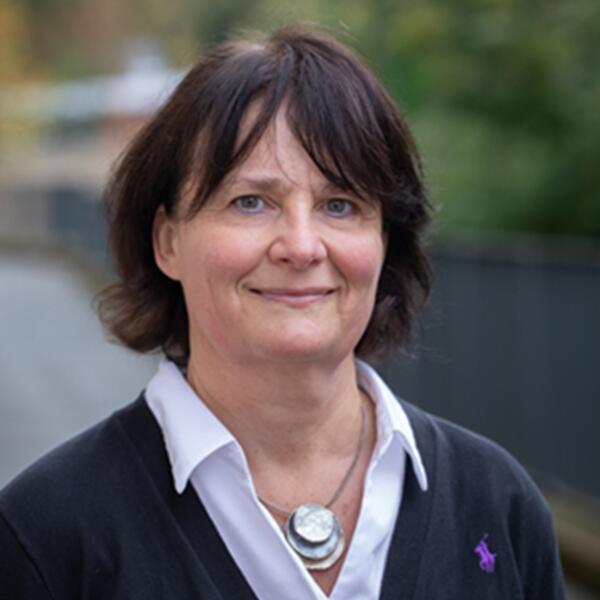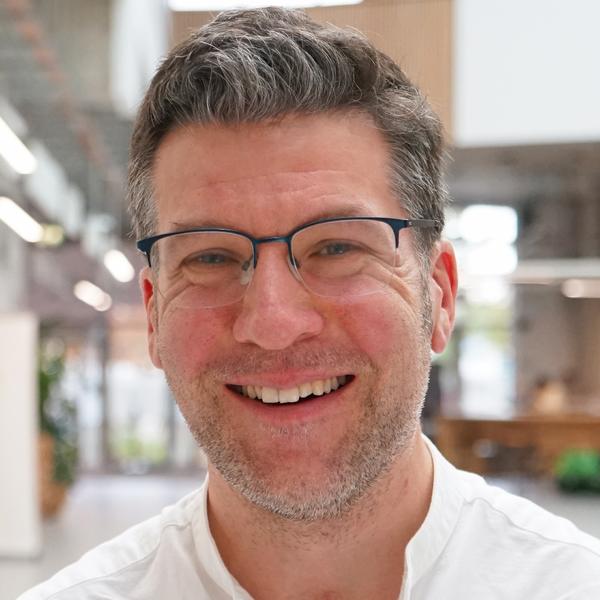Festival of the Mind is a biennial festival showcasing a unique collaboration between University of Sheffield researchers and the city’s cultural and creative industries, to help bring research to life in exciting, entertaining and innovative ways.
The 10-day Festival, which has brought more than 200,000 visitors into Sheffield city centre since 2012, was filled with free events, including activities, talks, performances and exhibitions open to everyone.
Sheffield’s creative industries including artists, filmmakers and performers showcased the University’s latest research around the themes of creativity, participation, cohesion, and learning.
More than 100 events from 43 projects covering exhibitions, interactive activities, talks, performances and screenings took place in venues across the city, including Futurecade at Millenium Galleries, the iconic Spiegeltent at Barker’s Pool, and Persistence Works, an award-winning studio complex part of Yorkshire Artspace on Brown Street, new to the Festival this year.
Here’s how members of the Healthy Lifespan Institute engaged with the festival and presented their research to the public.
Ageing = Frailty?
What is frailty, and is it an inevitable part of ageing? Is it all bad, or is there beauty to be found?
Despite its prevalence (up to 50 per cent of people over 80 years old), frailty is poorly understood by the public and health practitioners and is often considered an inevitable consequence of ageing.
But the way we perceive frailty often contributes to negative stereotypes of older people.
Ilaria Bellantuono, Professor of Musculoskeletal Ageing and Co-director of the Healthy Lifespan Institute at the University of Sheffield collaborated with artist Seiko Kinoshita to create a striking art piece about frailty.
The piece represents the real experiences and thoughts of people in Sheffield, and aims to spark urgently needed conversation about frailty and whether it is a fixed part of the human journey.
It has been a pleasure working with artist Seiko Kinoshita and the volunteers at the Darnall Wellbeing Centre who are affected by frailty. The work captures the essence of frailty and adds a new layer to reframe how we perceive frailty in a more positive light. It has changed my perspective I hope it will change those of others too.
Professor Ilaria Bellantuono
Professor of Musculoskeletal Ageing and Co-director of the Healthy Lifespan Institute
iRunner: the Effects of Information and Technology on Runners
How do runners use apps and watches to track their data?
Dr Lee Pretlove is a Lecturer in Librarianship and Information Management in the Information School at the University of Sheffield and member of the Healthy Lifespan Institute. He presented a talk on his research findings on how wearable information can change runners’ behaviour and influence their feelings.
The talk also included an animated film developed by Human Studio.
Dr Lee Pretlove is also the founder of the podcast, Decoding Digital Fitness. The podcast is aimed at individuals who are curious about the data and technology that's become such a big part of physical activity. He dives into issues such as understanding guests’ experiences of exercising with data, learning how people use tech to complement their active practices and exploring the potential downsides of data-driven fitness.
“As an early career academic, the opportunity to work with a creative partner in Sheffield and then exhibit and present research to members of the public in well known public spaces has been great. Human Studio have been a fantastic partner who immediately understood how to convey complex findings about runners using wearable information into clear messaging beyond the academy” says Dr Lee Pretlove.
“It has also given me an animation that can be used to open further research and conversations about mobile digital health information and how they can be used in other health contexts beyond running. The talk introduced me to more people interested in my research that I would not have otherwise met. They have raised some interesting questions and problems which I am keen to explore further with those people who have contacted me since the event” he adds.







